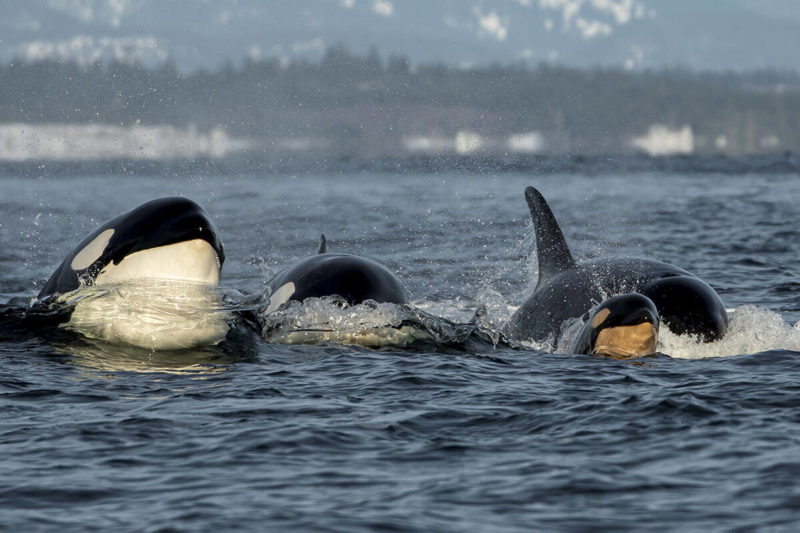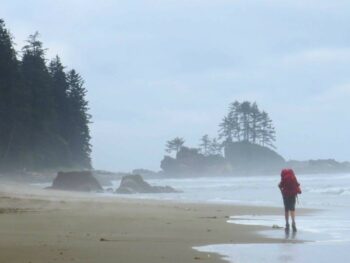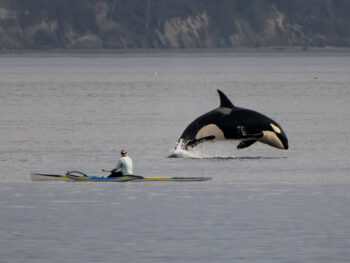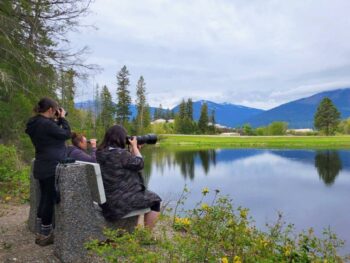The last year has been a hopeful one for whales travelling through the waters off Greater Victoria, with 2021 bringing a record-breaking number of sightings of one species and several fresh-faced calves in others.
The greatest success story was with Bigg’s killer whales, according to the Pacific Whale Watch Association, which were spotted on 329 days of the year. That amounts to a record-breaking 1,067 unique sightings, based on reports from whale watchers, regional sighting groups and shore-based observers.
The previous record of 747 unique sightings was set in 2019.
Feeding on an abundant source of marine mammals such as seals and sea lions, the Bigg’s whale population continues to grow. In 2021, 11 new calves were born, including the most recent T124A7, which was spotted by the whale association near Victoria on New Year’s Eve. Each year, the population grows by more than four per cent, according to the Department of Fisheries and Oceans Canada.
READ MORE: Alaska Science Forum: Listening to the voices of killer whales
For the endangered Southern Resident killer whales, the outlook isn’t as positive. Relying on a declining supply of salmon, these whales were spotted on the fewest number of days out of any species in 2021, a total of 103 days.
Still, Seattle research organization Sealife Response Rehab Research reported three pregnancies among Southern Resident killer whales in September. No calves have been observed yet.
READ MORE: Three pregnancies documented among J-pod orca whales
Seen more frequently were humpbacks, observed on 301 days, gray whales on 149 days and minke whales on 148 days in 2021.
Humpback whales also had a record-breaking year for births, with 21 calves accompanying their mothers back into the Salish Sea, up from 11 in 2020.
“Big picture, 2021 was an exciting and encouraging year for whales in the Salish Sea. We look forward to what 2022 may bring,” said Erin Gless, executive director of the Pacific Whale Watch Association.
Moving into the new year, the whale association reminded people not to speed in whale-inhabited waters, not to go near whales if spotted, and to ensure they aren’t leaving any debris behind in the sea. In 2021, the whale association documented having to take action against such harmful behaviours on 880 occasions.
Plan your adventures throughout the West Coast at westcoasttraveller.com and follow us on Facebook and Instagram @thewestcoasttraveller. And for the top West Coast Travel stories of the week delivered right to your inbox, sign up for our weekly Armchair Traveller newsletter!











 Lone swan on Whidbey Island finally gets a partner
Lone swan on Whidbey Island finally gets a partner